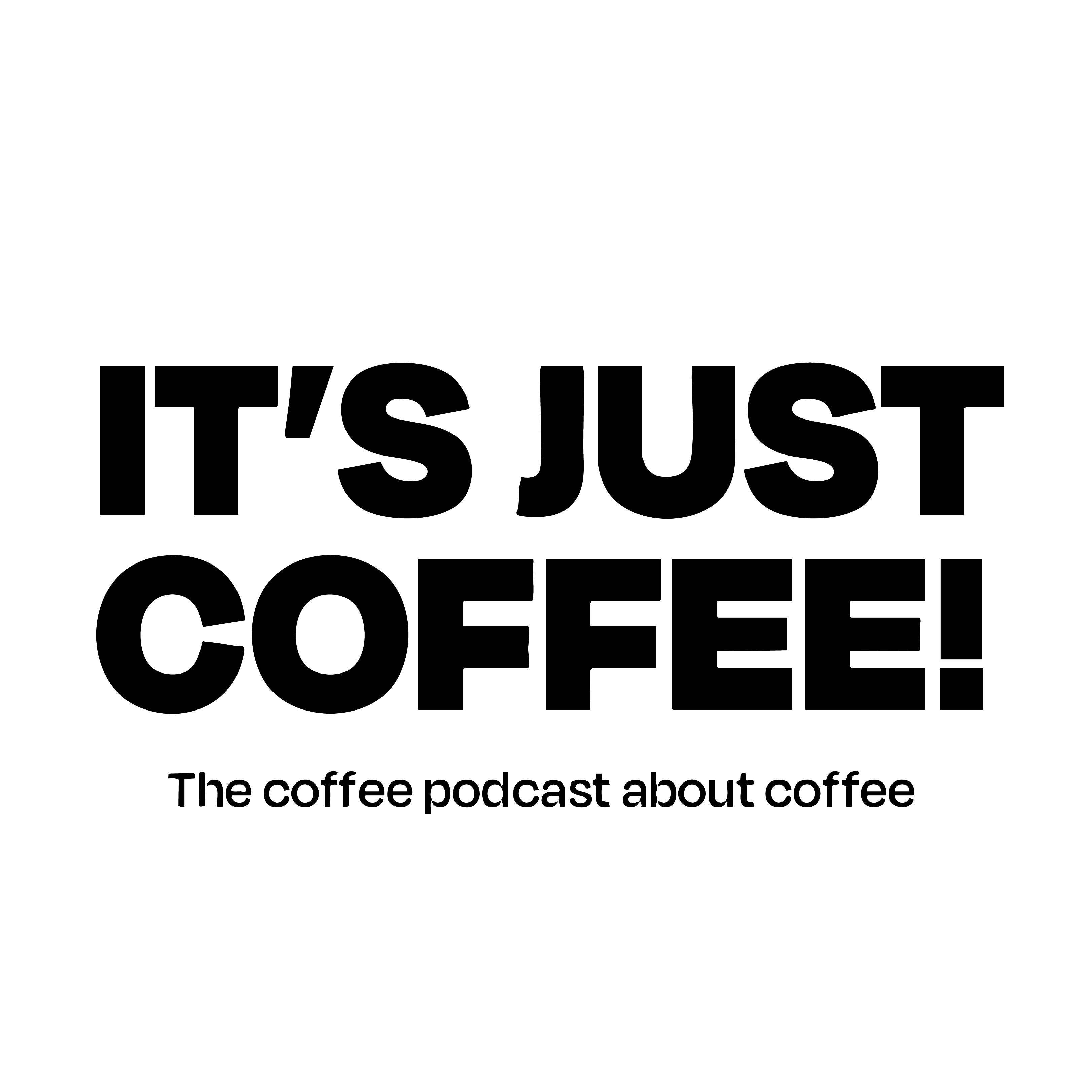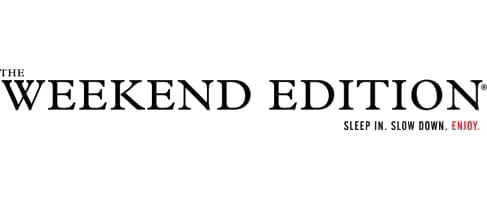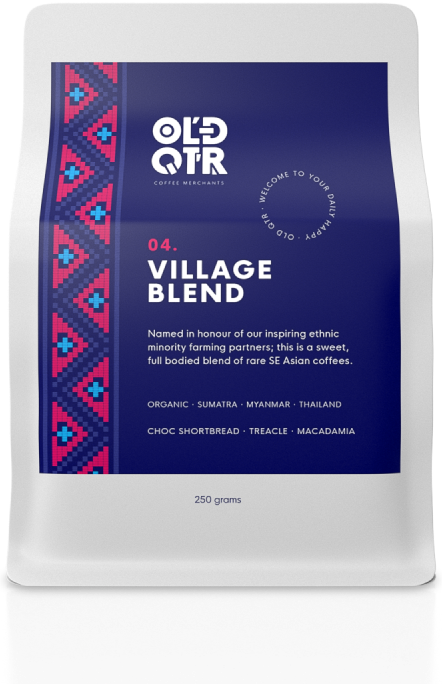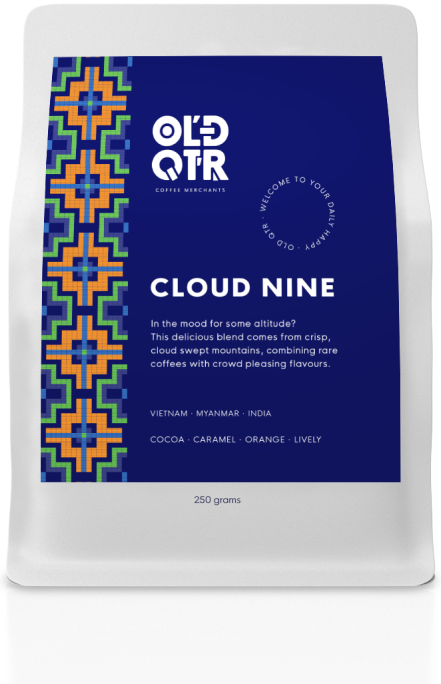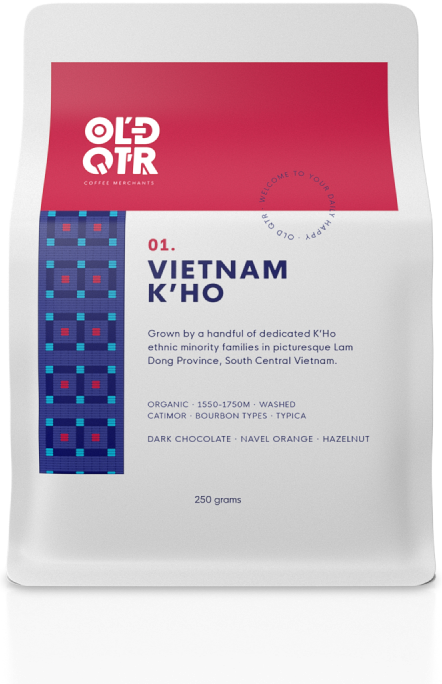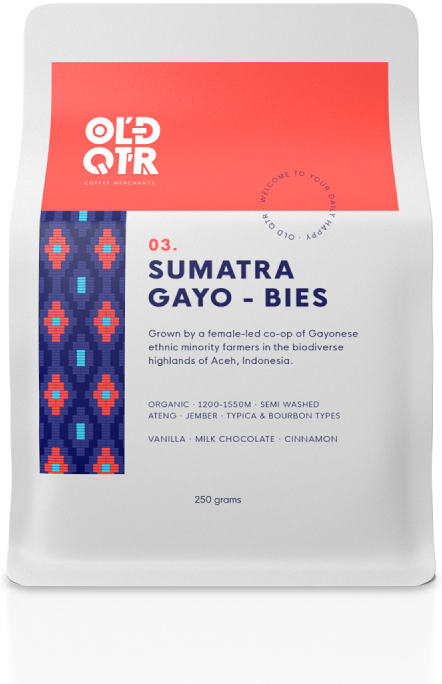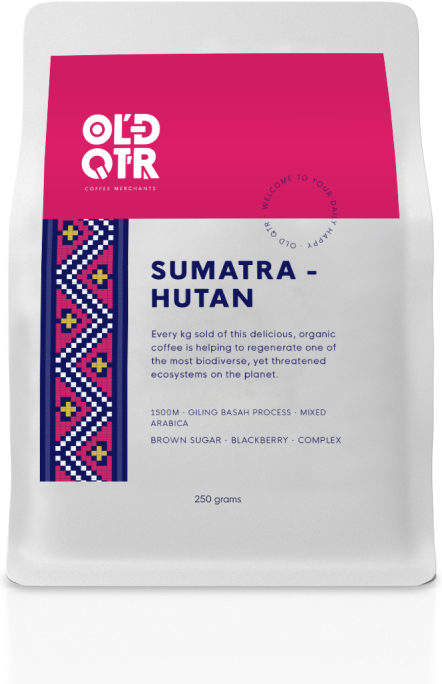Where Does Your Coffee Come From?
Better purchasing decisions start with knowing the origin of the beans in your coffee. Read why direct trade coffee is a better choice.From clothing to white goods, modern consumers are asking the question; ‘Where did this come from?’ and genuinely caring about the answer in terms of the manufacturing process, the workers and the environmental impact of their purchase.
If you want to make better daily buying decisions, one of the best places you can start is with your morning coffee. The beans you choose matter; if possible they should come from a direct trade arrangement and here’s why:
Did you know…
Coffee is the world’s second most traded commodity after crude oil.
This humble bean forms the foundation of a multibillion-dollar industry but unfortunately, only a small percentage of the money that changes hands trickles down to the farmers who are responsible for growing and harvesting this exceptional plant.
It’s heart breaking to learn that as they make their way to your (hopefully reusable) coffee cup, your beans may have crossed paths with people who are living in poverty and who are slaves to debt.
The people who interact with coffee shipments on their way to Australia may be loan sharks, rich tycoons, exploitative employers or even child slaves. And the beans you look for on the supermarket shelf may have made it there at a low price as a result of poor working conditions or unsustainable agricultural practices.
Coffee is the world’s second most traded commodity after crude oil.
This humble bean forms the foundation of a multibillion-dollar industry but unfortunately, only a small percentage of the money that changes hands trickles down to the farmers who are responsible for growing and harvesting this exceptional plant.
It’s heart breaking to learn that as they make their way to your (hopefully reusable) coffee cup, your beans may have crossed paths with people who are living in poverty and who are slaves to debt.
The people who interact with coffee shipments on their way to Australia may be loan sharks, rich tycoons, exploitative employers or even child slaves. And the beans you look for on the supermarket shelf may have made it there at a low price as a result of poor working conditions or unsustainable agricultural practices.

What’s the cost?
In general, coffee pickers, migrant workers and farm workers around the world are the most vulnerable and the least rewarded groups involved in coffee production.
In general, coffee pickers, migrant workers and farm workers around the world are the most vulnerable and the least rewarded groups involved in coffee production.
With 90% of coffee being farmed in developing countries, and most of it being consumed in developed countries (like Australia, where 75% of us drink coffee once per day) it's never been more important for us to choose our daily cup wisely.
If you are already making conscious purchasing choices, you may keep an eye out for beans marked as Fair Trade. Under fair trade, a coffee farm can receive an official fair trade certification by paying their workers a fair living wage, employing strategies for environmental sustainability and adopting healthy, ethical business practices.
This is generally a positive, but the Fair Trade convention has a level of complexity that can lead to unintended outcomes (refer to our blog How Fair is Fair Trade.
Direct trade coffee is the other ethical option.

Fair trade vs direct trade coffee
Instead of looking for fair trade, keep an eye out for cafes and coffee brands that support what’s known as ‘direct trade’.
The best example of direct trade is when the buyer has a connection with the owner of the farm, rather than a middle-man supplier who is not transparent about worker wages or conditions.
At Old Quarter Coffee Merchants, we have a profound love of this delicious bean. To support the people at the beginning of the production line, we’ve chosen to buy, trade and consume our coffee in a way that makes it a powerful force for change.
As Direct Trade coffee merchants, we put our purchasing funds directly into the hands of farmers in Southeast Asia. When you buy a coffee or order beans from Old Quarter, you can feel good because you know we are paying our farmers the true market value for their coffee. This allows them to improve their livelihoods… and the benefits trickle through the community in the form of better health care access, education and increased opportunity.
Because they have better support from buyers and a higher income, direct trade farmers are better equipped to employ sustainable organic and/or biodynamic agriculture practices. This delivers a win/win because the coffee is better quality and better for the planet.
Instead of looking for fair trade, keep an eye out for cafes and coffee brands that support what’s known as ‘direct trade’.
The best example of direct trade is when the buyer has a connection with the owner of the farm, rather than a middle-man supplier who is not transparent about worker wages or conditions.
At Old Quarter Coffee Merchants, we have a profound love of this delicious bean. To support the people at the beginning of the production line, we’ve chosen to buy, trade and consume our coffee in a way that makes it a powerful force for change.
As Direct Trade coffee merchants, we put our purchasing funds directly into the hands of farmers in Southeast Asia. When you buy a coffee or order beans from Old Quarter, you can feel good because you know we are paying our farmers the true market value for their coffee. This allows them to improve their livelihoods… and the benefits trickle through the community in the form of better health care access, education and increased opportunity.
Because they have better support from buyers and a higher income, direct trade farmers are better equipped to employ sustainable organic and/or biodynamic agriculture practices. This delivers a win/win because the coffee is better quality and better for the planet.

Our coffee buying principles
If you want to explain to your neighbour why the coffee you choose is better than theirs, or give a gift to a friend that actually means something, let them know that Old Quarter:
- Has direct relationships with coffee farmers (and we favour smaller farmers)
- Pays the asking price of the farmers we buy from
- Offers year-on-year purchasing guarantees to our go-to providers
- Supports ethnic minorities
- Is Australia’s only specialty coffee roastery that sources 100% Southeast Asian green beans
- Spreads ‘daily happy’ by supporting our local community as well as our international suppliers
When you make Old Quarter Coffee your choice, you’ll know more of your money is going to the pockets of the people and communities that need it the most.
Old Quarter is the home of 'Daily Happy'...we are Australia's only specialty coffee roastery that sources, roasts, samples and brews 100% Southeast Asian green beans. Visit us in Ballina, make a wholesale enquiry or shop our range of 100% traceable, ethical and organic coffee online today.
If you want to explain to your neighbour why the coffee you choose is better than theirs, or give a gift to a friend that actually means something, let them know that Old Quarter:
- Has direct relationships with coffee farmers (and we favour smaller farmers)
- Pays the asking price of the farmers we buy from
- Offers year-on-year purchasing guarantees to our go-to providers
- Supports ethnic minorities
- Is Australia’s only specialty coffee roastery that sources 100% Southeast Asian green beans
- Spreads ‘daily happy’ by supporting our local community as well as our international suppliers
When you make Old Quarter Coffee your choice, you’ll know more of your money is going to the pockets of the people and communities that need it the most.
Old Quarter is the home of 'Daily Happy'...we are Australia's only specialty coffee roastery that sources, roasts, samples and brews 100% Southeast Asian green beans. Visit us in Ballina, make a wholesale enquiry or shop our range of 100% traceable, ethical and organic coffee online today.



